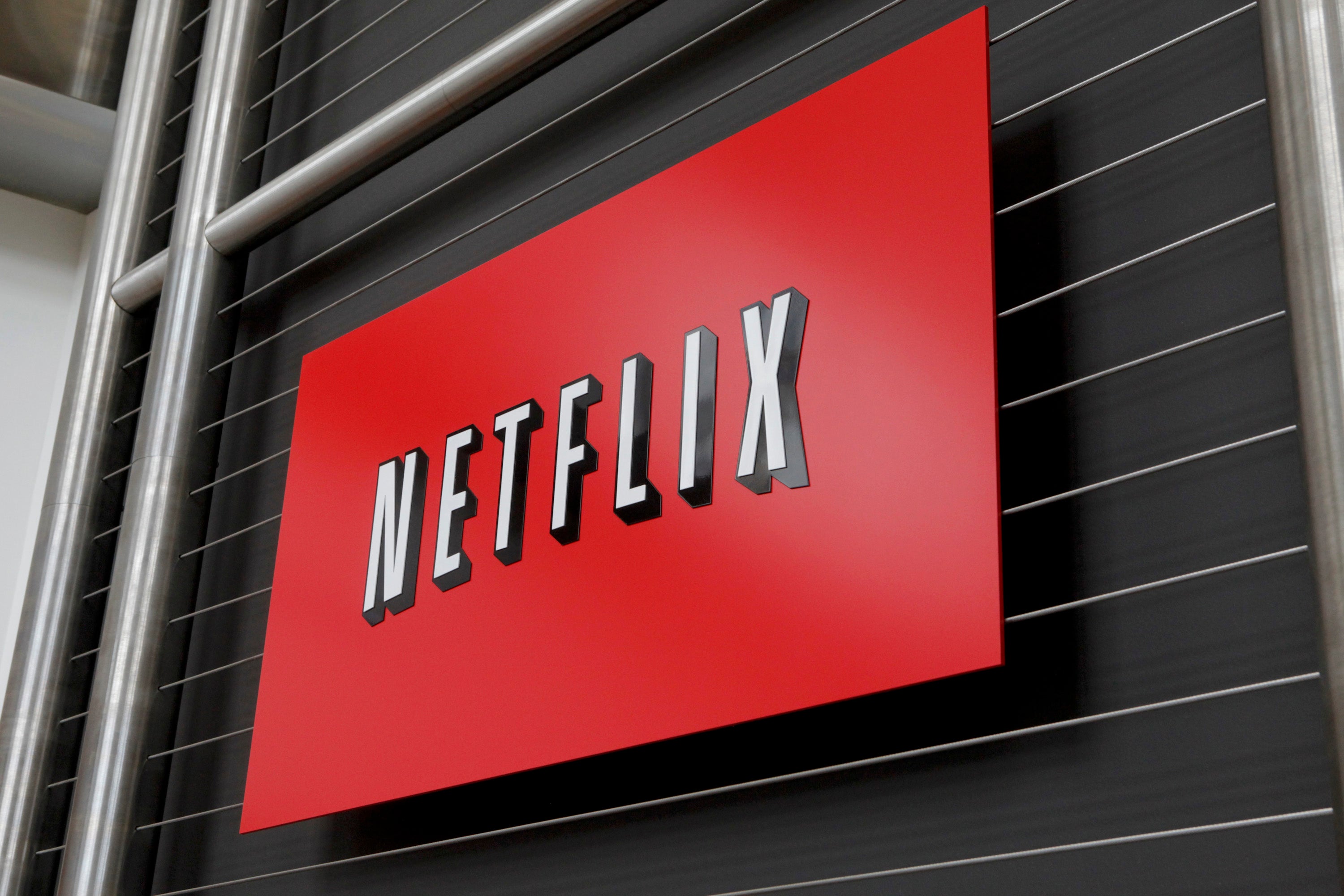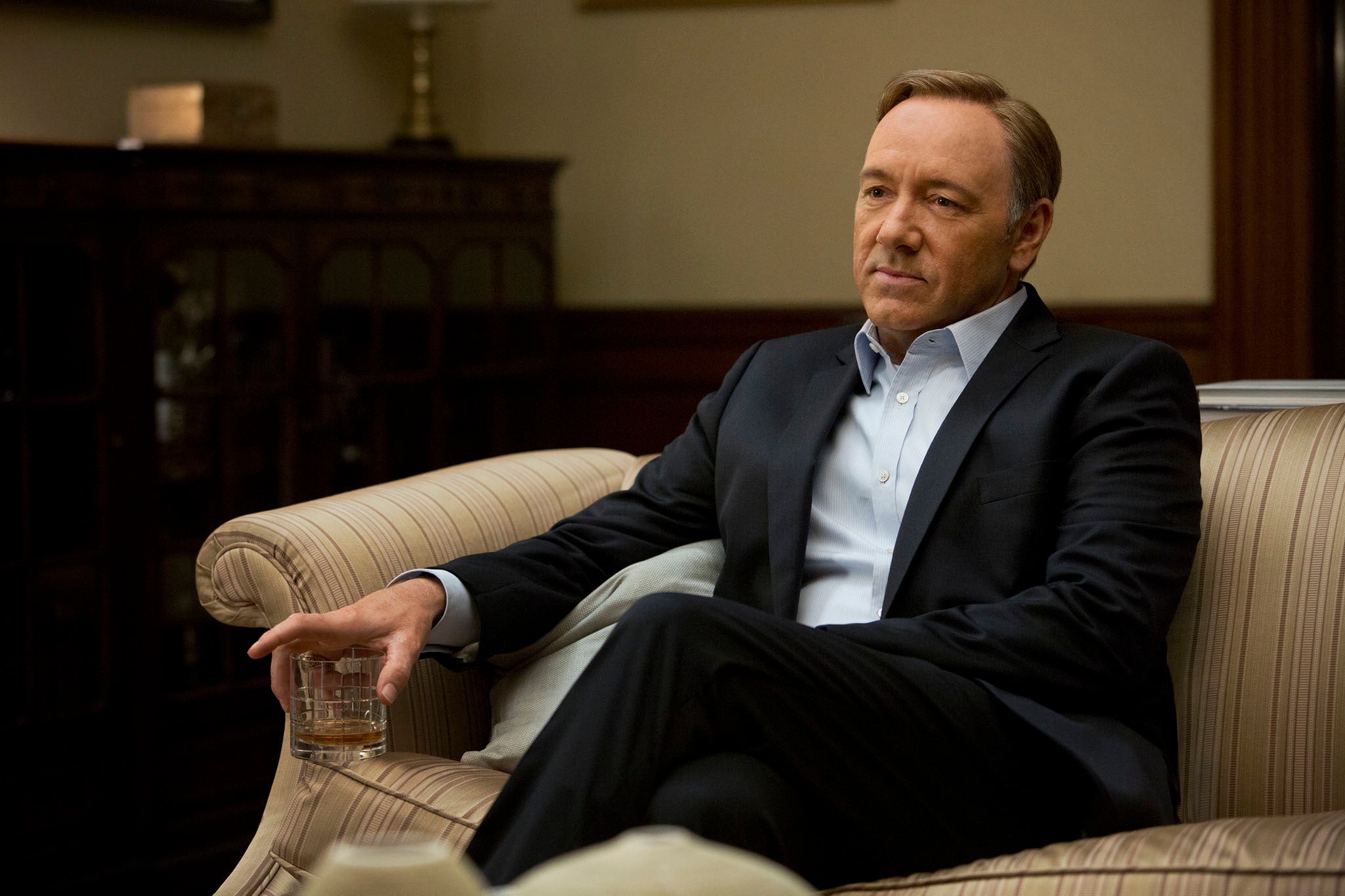Netflix and net neutrality threatened by US court ruling overturning the Open Internet Order
A challenge to the 2010 Order by ISP Verizon will allow ISPs to create a 'two tier' system which charges more for high-bandwidth activities online

A court decision in the US allowing internet service providers to prioritise types of online content is being seen by some as a threat to web streaming services and net neutrality.
On Tuesday the US Court of Appeals struck down a ruling by the Federal Communications Commission (FCC) from 2010 known as the Open Internet Order. This had established the concept of net neutrality – the concept that internet service providers (ISPs) must treat all web traffic as equal.
The dismantling of the order means that ISPs in the US can now charge companies that use a large amount of bandwidth more money, an increase in costs that may be passed on to consumers.
Services like Netflix that rely on high-speed internet connections to stream HD video to users are particularly threatened. The video-streaming service is the largest user of bandwidth in the US.
The company’s stock fell more than 5 per cent following the decision as it faces either diminishing the quality of the video it supplies or raising prices for its 31 million American subscribers.

However, some analysts fear that the decision will have a wider impact on the structure of the internet, creating a two-tiered system in which companies that can’t afford to pay for high-speed internet are squeezed out by those with deeper pockets.
Verizon, the American ISP that successfully appealed the FCC’s 2010 order, have promised that the decision will not affect customer’s ability to access content online.
“The court's decision will allow more room for innovation, and consumers will have more choices to determine for themselves how they access and experience the internet,” said the company in a statement.
The FCC can choose to appeal the changes at the Supreme Court or Congress if they want to regain the power to enforce net neutrality, but this is by no means a given. FCC Chairman Thomas Wheeler said:
“We will consider all available options, including those for appeal, to ensure that these networks on which the Internet depends continue to provide a free and open platform for innovation and expression, and operate in the interest of all Americans.”
Join our commenting forum
Join thought-provoking conversations, follow other Independent readers and see their replies
Comments
Bookmark popover
Removed from bookmarks